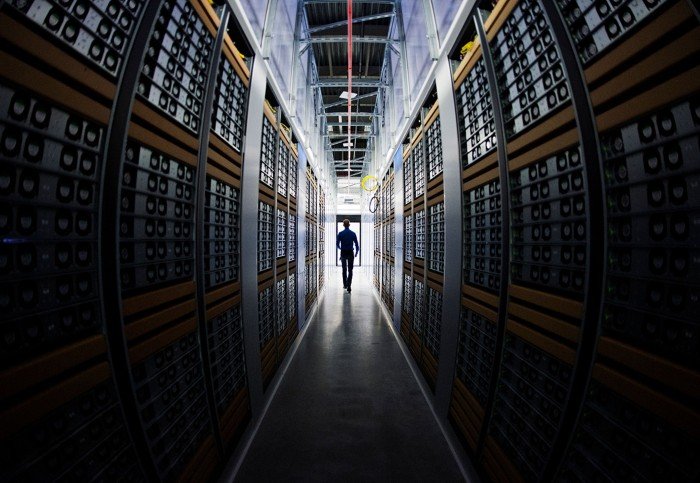Big Data Exchange (BDx), a Pan-Asian data centre cluster, has entered into an agreement with Red Dot Analytics (RDA) to digitally transform BDx’s facilities.
This involves empowering them to be more efficient and sustainable. The first phase of the three-year project with RDA, a Singapore-based pioneer in the industrial artificial intelligence (AI) space, will focus on cooling and PUE optimisation at BDx’s facilities in mainland China, China Hong Kong and Singapore, the company said.
Red Dot Analytics Pte Ltd (RDA) is a spin-off from Nanyang Technological University Singapore.
AI Assist in Sustainability
RDA’s artificial intelligence-based technology will provide visibility into our systems to identify ways we can increase performance and sustainability without compromising the safety standards required for mission-critical infrastructure,” said Jeremy Yew, COO for BDx. “This focus on energy and operational efficiency will help us advance our operations and increase our quality of service.”
Technological advances are especially in demand in Singapore, which is home to one of BDx’s data centres. This agreement enables BDx to identify inefficiencies throughout its facilities by leveraging RDA’s Data Center Solution that integrates AI-driven applications and automation.
As a result, BDx will gain deep insight into its data centre life cycle management, delivering lower energy costs, less human error and increased capacity utilization. Ultimately, BDx will reduce its carbon emissions and footprint, which is critical as the demand for digital continues to increase the need for data centres.
Singapore supplies approximately 60 per cent of data centre needs across the Asia Pacific region. However, a data centre moratorium has been implemented while government officials address concerns over data center sustainability.
Data centres comprise 7 per cent of the nation’s total electricity consumption, due in large part to the costs associated with cooling data centres in an effort to protect equipment from the hot, humid environment.
Through its digital twin technology model, RDA creates critical infrastructure in the physical world and optimises it with the use of AI-based applications. The company’s advancements in sustainability and predictive maintenance allow mission-critical data center operators, like BDx, to keep providing needed connectivity in a more efficient environment.
“BDx will have a stronger ability to identify and prevent potential hotspots and other thermal safety concerns within the data centre,” said Professor Yonggang Wen, Chief Scientist at RDA.
“Cooling regulation and optimization will result in a PUE optimisation of up to 5 per cent. The increased efficiencies will lead to additional savings for BDx and its customers in a more sustainable environment,” he added.

